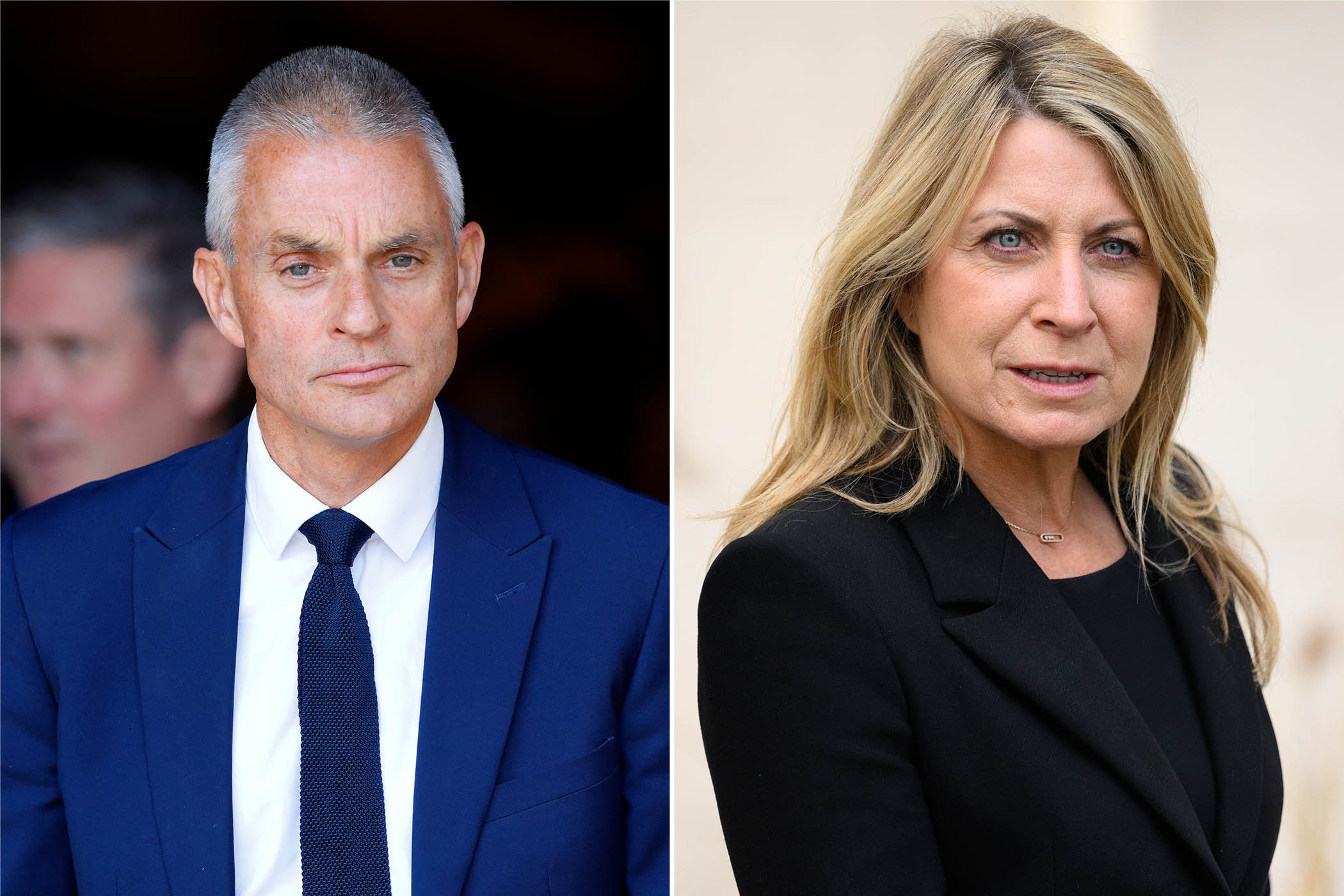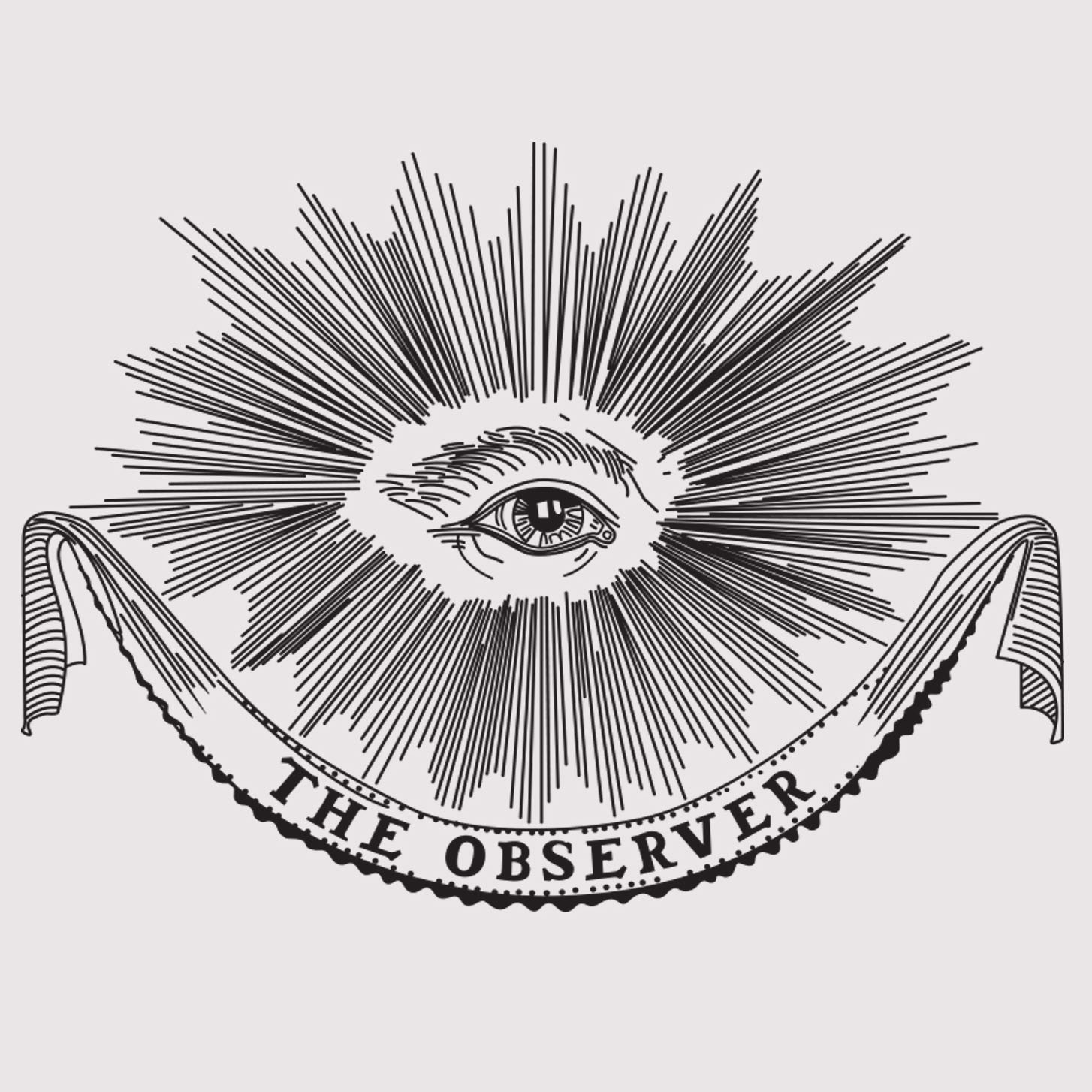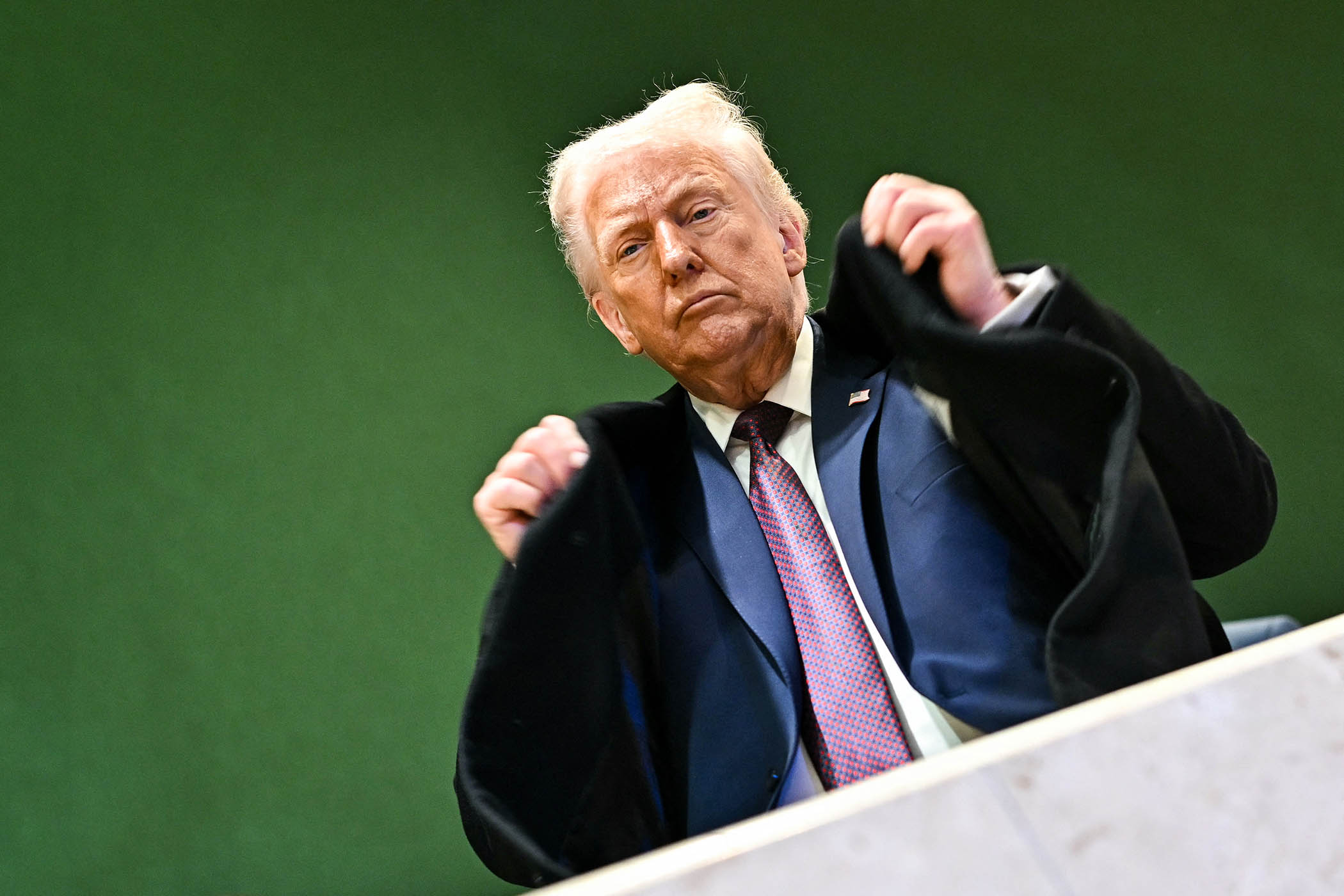If the BBC were able today to report what it thinks, it would say this: there has been a coup. Tim Davie, the BBC director-general, and Deborah Turness, who runs BBC News, have been forced out.
Their resignation statements don’t communicate much.
That is because neither is able say what has happened here, namely a group of politically appointed directors has forced the hand of Samir Shah, the BBC chair, and the departure of the two most senior people in the organisation. That should be called out for what it is: political interference that will inhibit the work of BBC journalists and undermine the public’s trust in BBC news.
The sequence of events that led to the resignations is becoming clear. Last Monday, Turness proposed an apology for a piece of bad editing in a Panorama broadcast last year: it spliced together two elements of Donald Trump’s speech on January 6th 2021 to make him sound even more belligerent than he was. The BBC should have addressed the problem sooner. But at the beginning of last week, an apology was drafted that was to be sent to the Culture, Media and Sport Committee by Shah. He circulated a copy to his board members. A number of them rebelled on the grounds that the apology was not clear enough.
The rebellion was led by the politically appointed members of the board. The BBC has many curiosities in its governance: one is that the chair and the four directors representing the nations of the United Kingdom are appointed directly by government; the other five non-executives are chosen by the board.
The effect of the rebellion was to paralyse the BBC‘s response to what should have been a manageable problem. For days, there was a vacuum – and into it jumped, not least, the White House, with its own criticism of the Panorama edits. By Saturday, the situation had become unmanageable and Turness offered her resignation. On Sunday morning, Davie decided – to the surprise of many on the board – that he had had enough. He too would go. No attempt was made to change Turness’s mind in light of that.
The central character in this is Robbie Gibb. The former Conservative press secretary at 10 Downing Street, appointed to the BBC board by Boris Johnson’s government in 2021, has for the last four years worked to dismantle what he sees as the liberal bias in the BBC. Generally, board directors do not weigh in on decisions about who is being appointed to edit what programme or the choice of stories and their running order on the news. Gibb has.
Gibb’s supporters say he is trying to save the BBC from itself; he was also heard last year to say that if he didn’t get his way, he would “blow the place up”.
Related articles:
The catalyst for the resignations was a report submitted to the BBC board by Michael Prescott, an independent advisor, lambasting the news operation over the Panorama programme and its Arabic service‘s coverage of the Israel-Gaza conflict. The report contained other criticisms, including a claim of “effective censorship by the LGBTQ+ desk within News”, especially on trans issues, and of factual inaccuracies in a report by BBC Verify on supposed racism in the car insurance industry. Prescott is known to be a friend of Gibb’s.
Most of these criticisms were based on research by David Grossman, a respected former Newsnight journalist and colleague of Gibb‘s when he worked as a journalist at the BBC. Many were serious and deserved to be taken more seriously than they were. But the Prescott report was no more than advisory. To infer from it that crucial information about January 6 had been suppressed by Panorama was wrong; the full story of that day has been widely known for years. Some of the points Prescott made warranted tough internal scrutiny. None approached the level of resignation issues for senior executives.
Newsletters
Choose the newsletters you want to receive
View more
For information about how The Observer protects your data, read our Privacy Policy
This is a critical moment for the BBC. It is rightly held to higher standards than other media organisations, but the departure of Davie and Turness is not about standards. It is a result of a political attack that exposes structural flaws in the BBC’s independence. A process of intimidation that the BBC’s supporters have long feared has been playing out behind closed doors is now unfolding in plain sight. Lisa Nandy, the culture secretary, has not helped. For months, she has made it clear that she has misgivings about Davie’s leadership. The effect has been to make it open season on the BBC for politicians on the left and right. Respect for its independence has been lost.
Over the summer, this newspaper warned of political encroachment on the BBC. We argued for a fully independent and open BBC, where politicians no longer hold the purse strings nor appoint the top people and which does in news what it has long done in entertainment – draw on the views and skills of people outside the organisation.
The Celebrity Traitors, as it happens, was produced by an independent production company, and it was watched on the BBC by 15 million people. Davie and Turness were Faithfuls. Their exit is a betrayal of the founding principle most essential to the public’s trust in the BBC: its independence.
Photographs by Max Mumby/Indigo, Leon Neal via Getty Images



